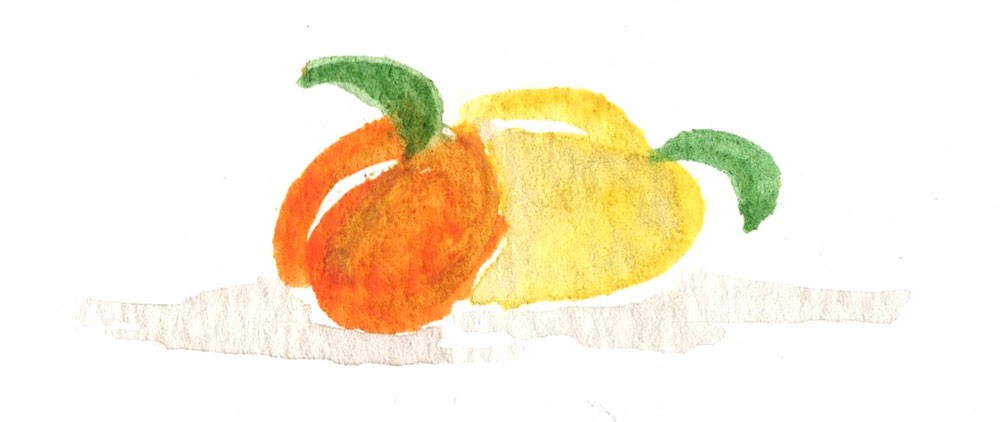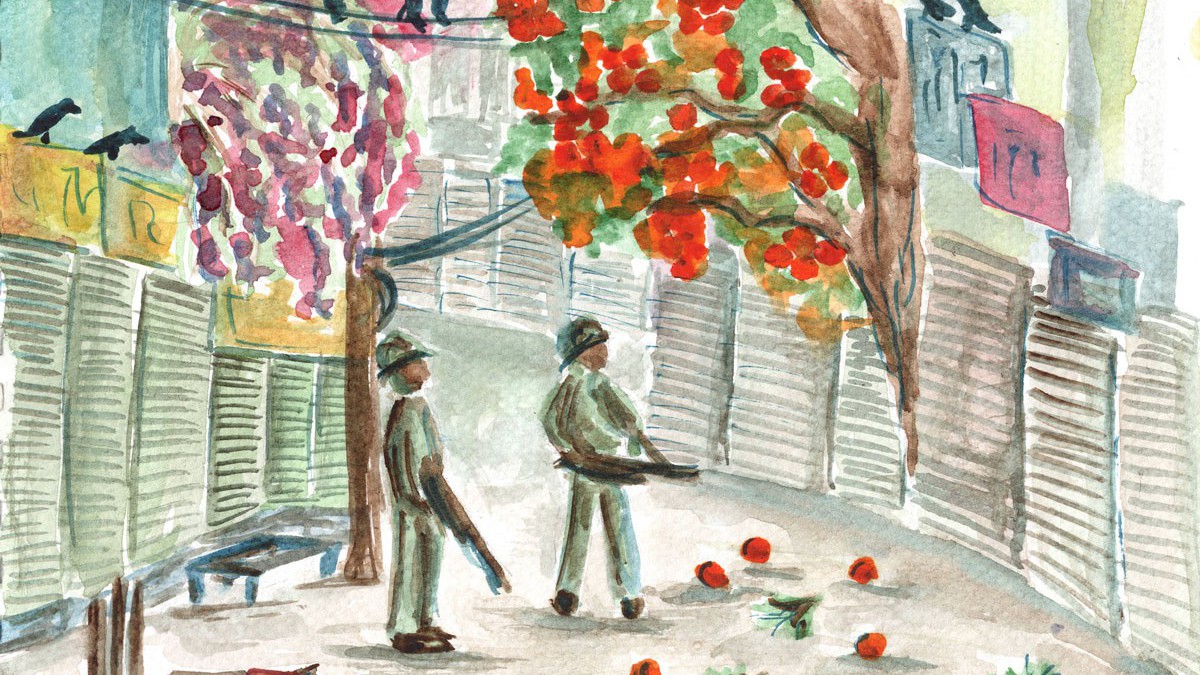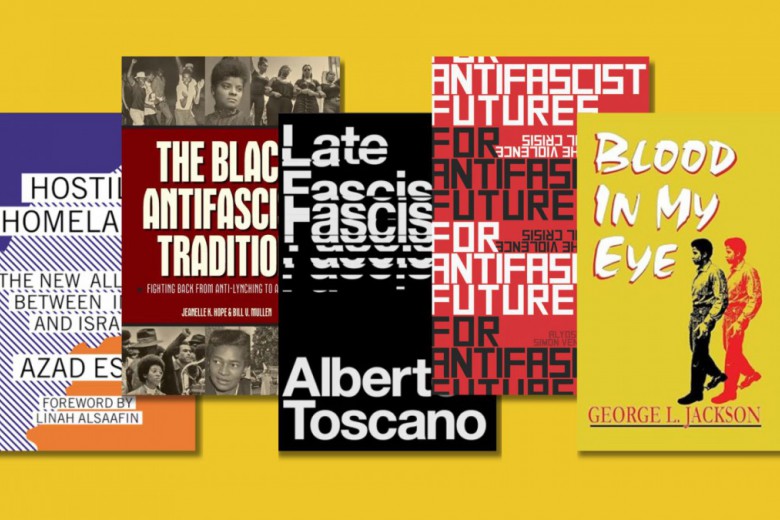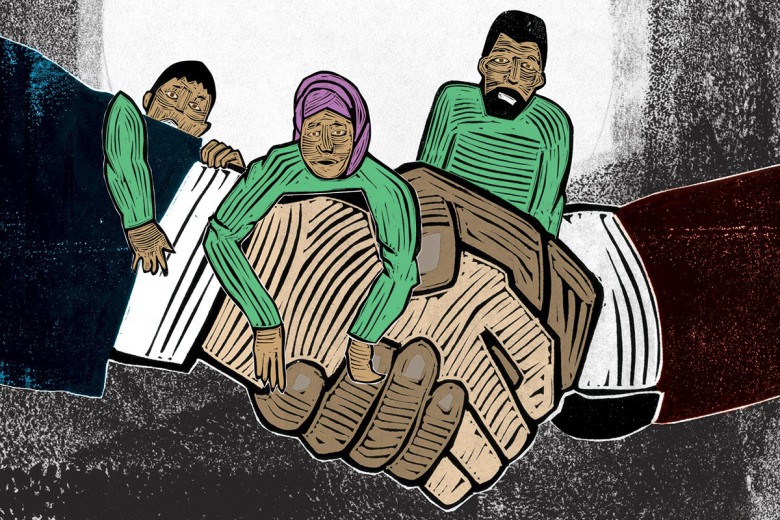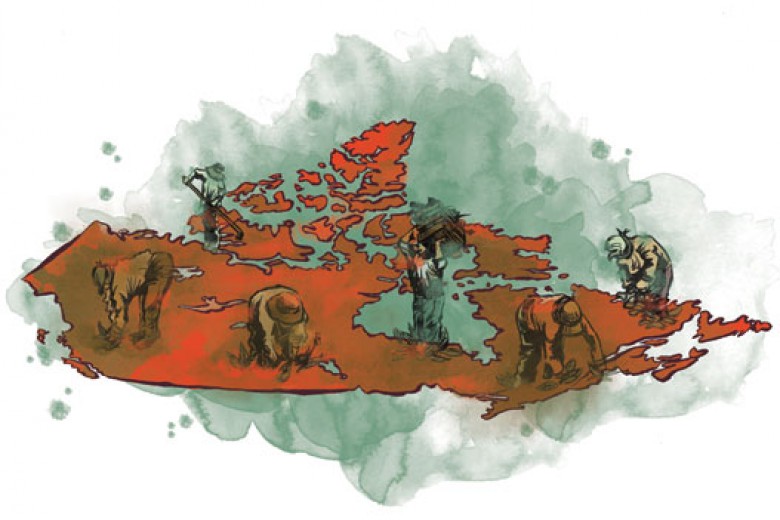These letters began when two friends, frustrated at being unable to visit each other during their trips to Pakistan and Kashmir due to long-standing political tension across two sides of a border, began writing emails to each other. Kashmir has been the subject of a dispute between India, Pakistan, and China since its partition in 1947. India administers about half of the territory, called Jammu and Kashmir; today, it’s one of the most heavily militarized zones in the world. But on August 5, 2019, the Indian government issued a constitutional order nullifying Article 370 of the Indian constitution, which retained the semi-autonomous status of Jammu and Kashmir. The assimilatory Jammu and Kashmir Reorganisation Act was passed soon after, and two Indian-administered union territories were created. As deliberations were occurring in the Indian parliament, the Indian army imposed a complete curfew and shut down communications in the Kashmir Valley. With no Internet, phone, or cable for 72 days, Kashmiris were cut off from the world and the world was cut off from Kashmir. Over four months later, a partial curfew remains in place. These letters present the international crisis as it unfolds in real time through the eyes of two young women.
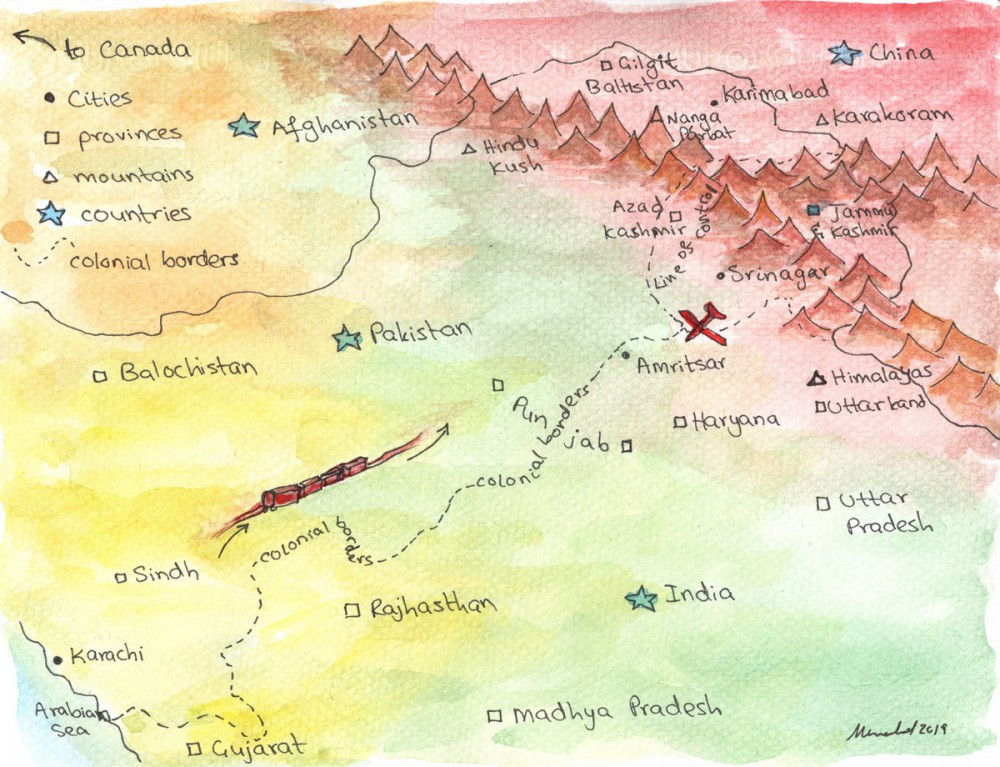
July 21, 2019, 12:10 p.m., Srinagar, Jammu and Kashmir
Manahil,
I learned the other day that I keep mistaking the hollyhocks for pansies. There are so many hollyhocks here, and hawks too. I can recognize they are hawks and not falcons now because of their cry. I have been mistaking them for falcons for years.
Are there hollyhocks or hawks on your side? I realized yesterday how similar the words bhagwan and bhagvan sound. One uses lips, one uses teeth. Do you think God is a gardener?
My parents have gone to the farm. I did not join them. Is there a difference between a garden and a farm? Maybe a mountain’s face.
One day, I will become an orchard. Cherry or apple. I have been eating from my memories lately. I have been asking myself (and now you): how kal can mean both yesterday and tomorrow?
Sanna
July 28, 2019, 9:29 a.m., Attabad Lake, Gilgit-Baltistan
Sanna,
There was a village under this lake once. Then a landslide came and my morning view is blue, blue, blue. Our guide avoided our gaze when he told us the people in the lake were evacuated. You can’t build glamping tents and resorts on a burial ground. The water turned purple at sunset nonetheless.
I don’t know about hawks or hollyhocks but there’s a place called Eagle’s Nest that has no eagles. They left when people came. We got there through lots of winding roads and climbed up the dry mountain. I think, will a road like this lead to Srinagar?
I met a gardener who works as a teacher during the year and sells dried apricots in summer. A man in a village in Altit brought fresh mulberries to a friend. Nuh Alaisalam ate them too, centuries ago. Just like centuries ago a white man came to the Hindu Kush mountains and saw fairies in a green patch as he watched the snow turn pink on Nanga Parbat. Between sunset light on mountain tops and the Milky Way, I think God has made his home here.
Purson I was under a mountain going toward Karimabad and purson I will arrive in the heat of Karachi. Neither one is any closer to you.
I saw where three mountain ranges meet and somewhere over the Himalayas you looked directly at me.
Manahil

August 1, 2019, 11:08 a.m., Srinagar, Jammu and Kashmir
Manahil,
I am so angry with the walls lately. I am so angry with the mountains. There are so many people with guns and what are guns? I am not sure. I have only held a pistol once and it weighed about the same as my clunky old camera.
The film in that camera might be catching light, might not. I like this game. I played it in Gulmarg, where we went yesterday. I played it as we crossed the military camps that have eaten half of that meadow. My father slapped the camera right out of my hand. Who’s been shot? I asked.
There were more hawks there and so many cows. Sweet black bulls, wandering. I swear I saw a bear. The stray dogs are stronger and happier there. The trees are so tall, they look like strangers. Blue was there too but not in the water. Just a sliver between the sky and the fog.
We took a gondola up half a mountain and my father pointed just a few kilometres west, to the place where three mountains meet. He said, Pakistan is just behind that mountain, and I felt longing. I was surprised. I have never longed to join with that country but because of you, I am realizing new things. Country doesn’t matter as much as capacity. Intention does not matter as much as impact. If Kashmir were a part of Pakistan, at least I would be able to see you.
I am glad you have mulberries you share with the dead. We have those too, mulberries and the dead. I visited a Chinar planted 600 years ago and I touched its belly and I felt a pulse. I fell asleep thinking about how many hands touched it before mine. I imagined one of my hands as yours. I have pressed a leaf between old newspapers for you.
I don’t want to be angry with the mountains anymore. They have done nothing but shield me from the sun. I think they are easier to blame, can carry the weight of my anger. Otherwise, who will carry it? Guns? Military? Constitution? Country?
I know better names for better ghosts. I am tired of putting my hands in white water and asking to be clean.
Sanna
August 1, 2019, 11:49 a.m., Karachi, Sindh
Sanna,
Funny you speak of guns. It scares me a bit to see them every time I enter and exit my house. Always men with guns, too. You leave the country for five years and forget what it means to walk between two armed guards just to pick up some milk.
Who’s been shot was so familiar for a while. My dad would come back from work and tell a story. Who’s been shot? School called off the morning of. Who’s been shot?
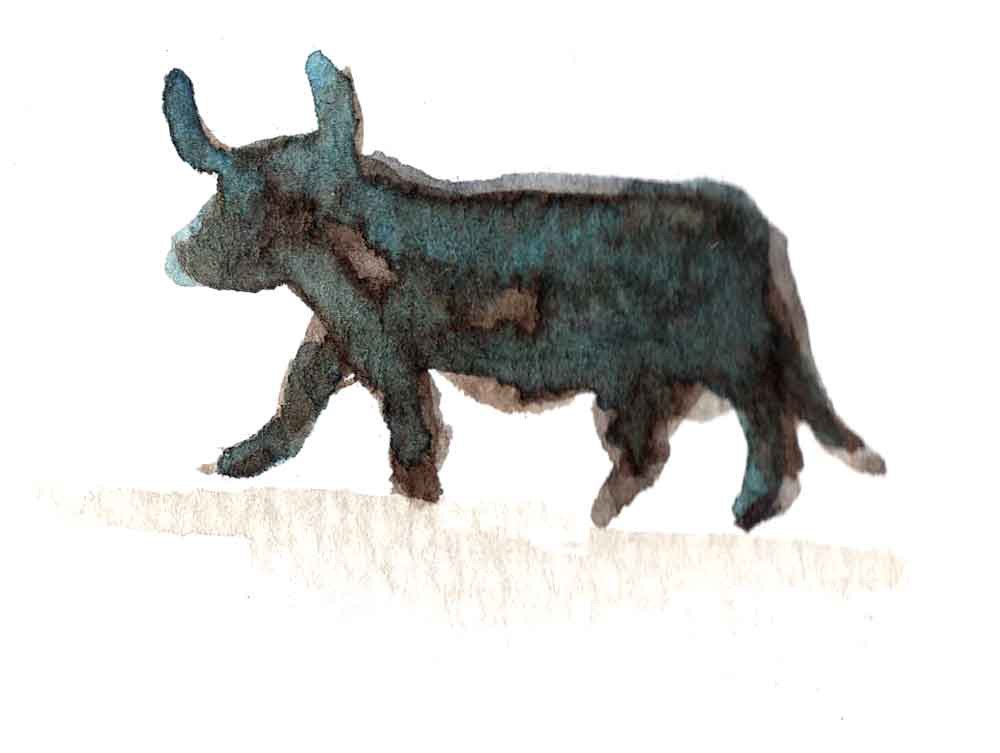
I wonder if we ever saw the same black bull meandering through the mountains. They know the paths better than people. What are these bridges we lay across with tree trunks and rocks? The cows just plod on through.
The trees can be friends but at night they’re just shadows of jinns. I’m too superstitious to repeat stories, for fear that jinns will crawl through my window and make a home here.
We asked people in Gilgit if they felt Pakistani. What could they say? That what’s happened has happened and now we just have to live with it. I was at the place where the three mountains meet and wonder if we were at the same point. People ask aren’t Pakistan and India basically the same and yes, but also no, because if they were we wouldn’t be writing emails across borders.
Is Srinagar like Karimabad? Everything an uphill climb and you get a dust storm followed by rain. Dried cherries and apricots sold at every store. A cafe where you eat a cheese-and-mushroom omelette. Locals speaking four or five or six languages with full fluency.
Thank God we have metaphors; how else could our energies intertwine?
The border agents must be displeased. For all the guards and fences and guns, they still couldn’t stop us.
I’m in Karachi now and I miss the pine scent.
Manahil
August 2, 2019, 9:43 p.m., Srinagar, Jammu and Kashmir
Manahil,
It seems like our funny talk was premonition. They’ve taken all our guns away and brought 35,000 more of their own. Something is in preparation and I am afraid of the panic it is stirring. I am afraid.
That black bull wandering the night might tell me a story that will help. I would do anything to untie this wrangled knot inside of me which bleeds stories like the one I had to hear today from my cousin, which I cannot repeat, either. She was in first grade, the first time she saw a dead body. She can never forget. Those demons have already made a home inside of us.
I am going to spend six months next year asking Kashmiris why they feel Kashmiri. I don’t know if I will get any further than what you said: what’s happened has happened and now we just have to live with it. But that’s all right. They know I am not looking for an answer. I am looking for help in untying this knot.
I wonder about Karachi. I have family who might’ve lived there once, a long time ago, and I wonder about the birds. I’ve heard stories. There is a bridge with a direct view of Hari Parbat (which has been a fort and a mosque and a shrine and a gurdwara and a temple all at once but now is just a base camp, closed to the public), where there are so many hawks circling, circling. The sun falls so directly on the brown water. The mountains are always green or, at least, gray. There is so much dust here. And rain. Dried apricots are here too, don’t worry.
A border agent is a metaphor of its own. I cannot help but read it as coward or heretic.
Metaphors carry us toward each other and I am grateful. There is no pine here and the Chinar doesn’t really have a scent. But let the pine scent become my skin, then let me offer you my hand. Let this be my way of saying, hello I am here I am waiting for you.
Sanna
August 3, 2019, 4:20 p.m., Karachi, Sindh
Sanna,
I saw. I saw I saw I saw I saw. I’m superstitious and scared to say anything else lest it come true in some twisted way. Pakistan talks and says, “how could India do this?” but I think of you, in Srinagar, so close to all of it.
At the viewpoint of Bayal Camp, our guide ran down a mountain slope. He brought back a glacier and a badge, plucked from the skeleton of a white mountaineer, one of the many whose bodies inch their way down and will eventually end up in the Indus tributaries that fan out into the Arabian Sea. We don’t leave the bodies of our own like they do. This is how he knew the skin of a skeleton.
I have been asking Pakistanis what folklore they know and each story that’s the same is as different as the person who tells it. What Sohni wore when she swam across the river to meet Mahiwal. What river she swam across. Whether it was Moomal or Soomal who built a palace of illusions to trap princes. What kind of necklace tempted Leela to give Chanesar to another woman. If Sasui truly walked across the deserts of Sindh and Balochistan to find Punhoon.
There aren’t any hawks here, just crows. Caws and Aza’an, that’s how I wake up each morning. The desert is the desert. Brown, dusty, hot wind blows on my face. Rain is relief but it also shuts the city down. My sister and I drink nariyal ka pani straight from the coconut.
Now that I’m back in the desert I’ll substitute a pine tree for a palm. The thing about metaphors is I can offer you an apricot or a coconut and they both mean the same thing.
Manahil
August 5, 2019, 8:29 p.m., Indo-Pakistani airspace
Manahil,
I am racing down a highway to the sky. I am leaving this place and I feel like a traitor. I know this is a useless thought but I turn it over and over again in my head. The curfew feels like a tightening silence and any semblance of safety is gone.
The mountains have gone into hiding and I cannot blame them. The horizon is gone but I am still looking for it. The sky is still white. From here, the rice paddy fields are covered in a white mist and I do not know if it is smoke, fog, or tear gas. Clouds still have their shape, somewhere, even if it is not here.
How could India do this? With their giant hands, which decided to cover our mouth and ears and eyes this morning, as they stripped us of tattered clothing. Article 370 is gone and 35A will follow. These are little words with huge, hollow bellies. They will eat the entire valley. Kashmiris will still starve.
We are flying through a cloud now. Beyond this is the place with the golden temple, where I will be for a week (even closer to the border) before I go back to the flatlands where I make most of my life. Beyond this cloud are the hiding mountains, whom I ask for forgiveness. Whom I will miss more than I can put into words.
I kissed the warm wood of my home goodbye and cried because the morning light sat so beautifully on our hibiscuses. I dreamt my kiss was pink and caught fire and the entire city burned with light. It was not a bad dream.
I am tired of truth when these dreams visit me. I would give anything for the power to sweep this valley full of light, even if it would mean starting again. I would give anything to shed even a little light on what goes on here, behind the cover of hiding mountains and unending piles of green men.
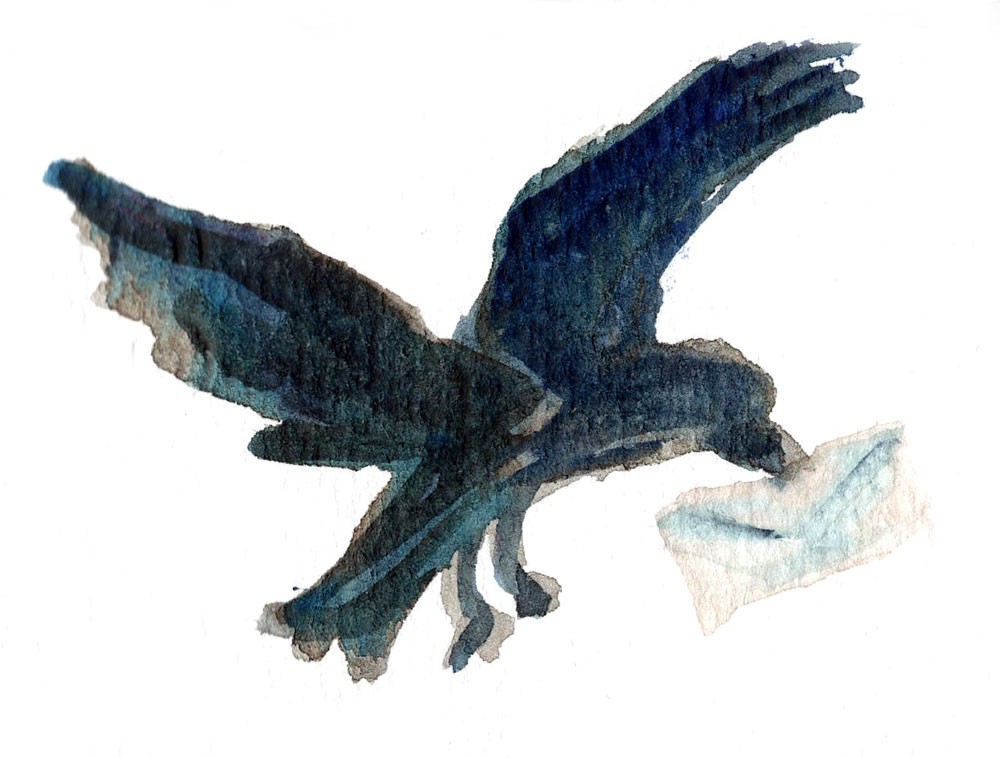
Look, there is the blue horizon. Here, in this escaping sky. And there is a cloud sitting like a crow. I am glad for our crows, who are kinder friends than most. In Eidgah, where kids should be playing cricket, they sit. Waiting. This morning, watching. Their caw is round and full. I am grateful to them. One day I will work up the courage to ask them to carry my kiss to the mountains.
I have another secret dream: one day, I hope we won’t need these metaphors. I will hand you an apricot and you will eat it as an apricot. I will ask for freedom and it will not be a horizon. Blue will be a colour and my kisses for my family. Light will be the sun. We will eat fruit with our hands, in my home. Together.
Sanna
August 5, 2019, 9:07 p.m., Karachi, Sindh
Sanna,
I can’t think in metaphors right now. I am just glad to see your name in my inbox. I am glad you are safe. Feeling like a traitor – it’s hard not to, in our bubble on stolen land in Canada. I wish I could say This is how you get rid of the guilt, but here I am thinking, I am glad you are safe, but there are millions of Kashmiris who are not safe, but I am glad you are. This is guilt too.
How was it that a week ago we were talking of mountains as a home? I am sorry the mountains have been taken away from you. May the clouds that float above the smoke and tear gas cradle you, a soft friend, a part of your home. May you carry wisps in your pocket until one day you can return. Inshallah. I am compelled to say this. Inshallah.
What is God thinking right now? Did He will India to do this? To take the mountains from you? I said I thought I saw His presence when the mountain peaks turned pink. If He was there, then why? Why would He will this?
To go in a flash of pink light. No, this does not sound bad at all. A home is a home is a home is a place that doesn’t leave you. I’m back to metaphors but sometimes that is the only way we can carry things. I too hope one day we won’t need them. There’re a lot of one days. One day I hope Kashmir will be free. One day I hope we’ll stop clawing at land that’s not ours to take.
Crows, kids, cricket. I saw these three things this morning in Saddar, in the heart of Karachi. And on mornings in Gilgit. I’m sure I’d see this in Jodhpur, in Pondicherry, in Calcutta, in New Delhi where they crumpled up Article 370, now just a page used to mop up a spill.
The crows are friends. They’ll carry your kisses to the wood of your home and each time will bring back a piece of rock that will one day become a mountain.
I used to look forward to your emails to read the poems you would send. Now I look forward to them because I know it means you are safe.
Manahil
August 11, 2019, 12:32 a.m., Amritsar, Punjab
Manahil,
I am safe, I am safe, I am safe.
So much has happened, so quickly. I can only listen to one song. I feel like I haven’t been inside my body since I left my home. I am tired of feeling alone but sometimes I sink into anxiety and it feels like paranoia is the only one who understands me. This feels worse than feeling alone.
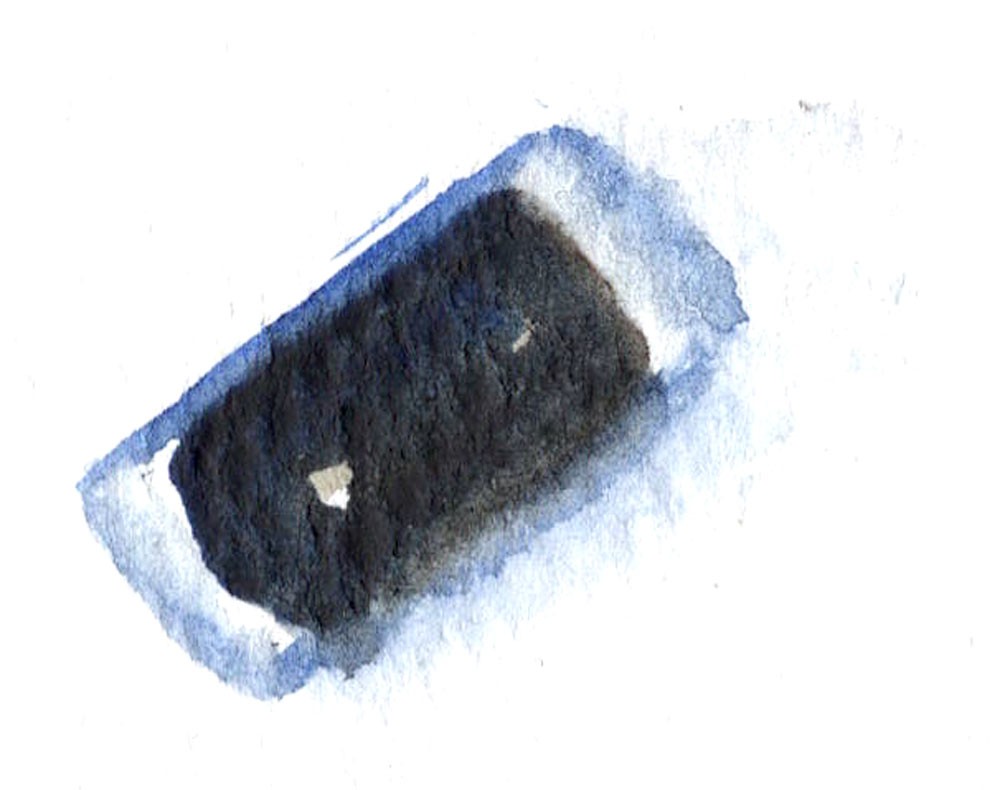
I have not been able to call home. I have not been able to ask. I have been using my voice but I feel like I have been standing in front of a door and shaking it and shaking it and finding it locked. Again and again. When will this door unlock? I think to myself. But I say to the rest of the world, Look at this door. Look at how it is locked.
There were rumours – which I now trust more than news – about the military being allowed to enter and occupy any empty house in the province during this version of curfew. Their overwhelming mass, their heavy numbers. My mother touched every curtain in our house before we left. As if saying, hide from them. As if asking, please be all right.
We love our home in a stupid way, and by that, I mean we love it beyond reason. I don’t think I would understand my own heart if I had not seen it in the soft yellow light of our dining room. I don’t think I would know my own back without bruising it as a child climbing the maple tree in the garden. And I think, yes, this is stupefying. Our entire family, generations and generations, have passed through this space. It is more than sacred. Yes, this is stupefying. Yes, this is home.
To think of the military there, with their dirty boots and their giant guns, makes me sick. Then again, what doesn’t? Vulnerable. Violated. There is a lyric I cannot stop thinking of: pairon se zakhmi zameen hai. The land is hurt more than your feet. The land is bleeding, not just your feet.
I have been saying inshallah often, too. I do not know where this compulsion comes from but I am grateful to it. It cradles me when those clouds cannot.
I do not know where God is, but then again, I never do. My mom told me a story about a wali and a Gujur and I found God there, in that story, for a moment. But I don’t think God intervenes in mess. I think God likes clean hands clean. When I am tired enough to pray, I can feel someone smoothing the corners of my prayer rug with me. I can feel that something is happening. When I beg God to carry a hug for me, I can feel God hugging me.
But I am back to my worry again, like an ant. I am an ant. I do my work and I go back again. Here I am, in the middle of the night, emptying my heart out for you. Well, here it is, my heart. Here are its worries. Let us take inventory.
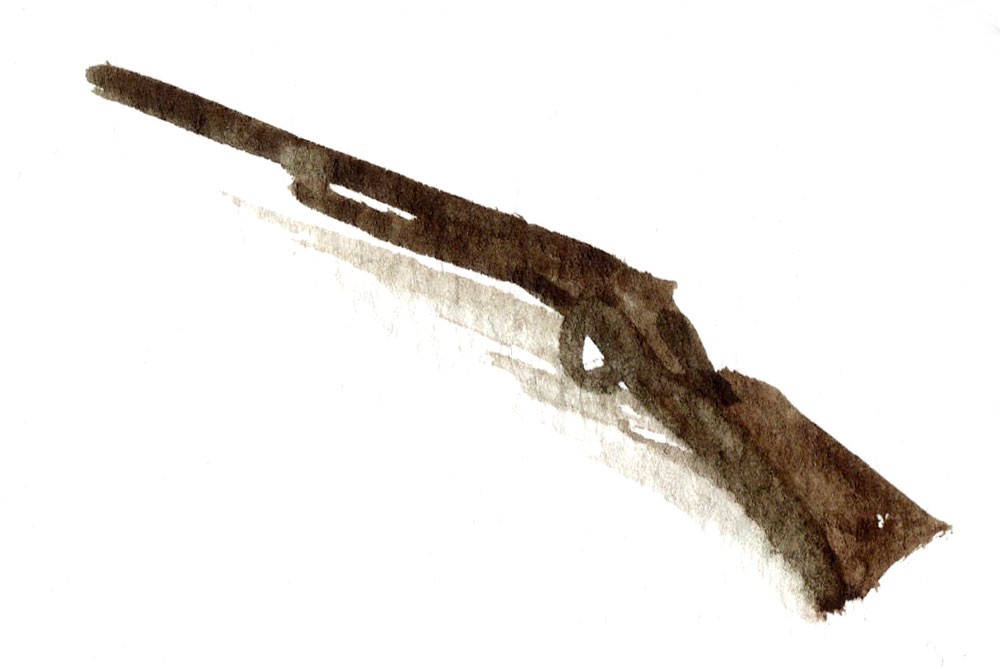
The boy who drowned in the river after being cornered by the Central Reserve Police Force. The face of my oldest caretaker (who cares for me like his own child, whom I saw grow up and who raised me) bundling up rice on his back, to walk home, to carry food to his family almost 40 kilometres away. The families separated at Eid, the child alone at Eid. The way tear gas feels in your throat and how water makes it worse. The border erected between me and my Nani, the goodbye I will not be able to say to her. The eyes of those who are now blind, the kisses I want to press to them. My last view of Srinagar, from the plane, from up above, like those hawks. Those hawks I am always mentioning, which I strain my neck to see.
There is so much more, Manahil, but I have already stopped myself from crying three times while writing this. Eid is tomorrow and I feel lost. I am not at home. What is going on? I don’t know. Wasn’t it bad enough already that we could not be together? Now it is worse.
Now it is so much worse.
Sanna
August 25, 2019, 4:31 a.m., Mississauga, Ontario
Sanna,
I’ve been writing to you in my head in my last couple of weeks in Karachi. A whirlwind, and I think of what I would tell you if you were standing next to me.
When you wrote of Eid I told you about the monsoon rains. Eid was my sister and I walking around our gated neighbourhood at 6 p.m. in our shalwars and T-shirts, splashing in puddles. We bought Catty Chins and they tasted as good as kharak and jalebi. Something about holidays makes you realize how profoundly lost you are. This is not the same, but we couldn’t visit our Nani on Eid either. Amazing and terrifying how much of a barrier some water can be. The streets were soaked with blood for days afterwards.
I was 76 kilometres from India one day. I could get there faster than it takes to get to Niagara Falls from Mississauga. If only. Google Maps says it can’t calculate the driving distance between Umerkot and Munabao, but I see a yellow highway cross the Thar Desert.
I’ve been learning the road names in Karachi. Mauripur Road takes you to the beach, where for a few hours I tumbled on pebbles. My feet are still scraped and my mouth tasted like salt water for hours afterwards, but now I can say I know the difference between a crashing wave and a cresting one.
I tell you about Mauripur Road because at each storefront, each restaurant and mosque, flew the flag of Azad Kashmir. The white star-and-crescent on green of Pakistan’s flag in miniature next to orange, Pakistan’s flag pulsing out to swallow up Kashmir’s. The flag of Azad Kashmir is not the same as the flag of Jammu and Kashmir. One state needs two flags because two countries can’t fucking leave it alone. Pakistan is never so supportive of Kashmir as when India is involved.
My Mamu passed away two days before my birthday. I turned 22 hugging my mother while we both cried. It took her 16 hours to cross the world to be with her mother. I really hate borders. I hate distance. The ache to be back in Karachi, on my roof when the sun has set and the sweat on our backs cools, watching the skyline at 2 a.m. To do the stupid things like drink chai in afternoon’s blistering heat. To drop everything to be with family, the curtain threads that criss-cross through our veins. We had mulberries in our garden in Mississauga, and my mother froze them for my return. I breathe the mountain air as I eat them, the mountains we are both so far away from now.
I listen to your song as I write this email. Mein peeli seher ka nasha hoon. The sky has turned pink; it is time to brave another day.
I can finally invite you over for a cup of chai. How about tomorrow?
Manahil
August 26, 2019, 3:07 pm, Mississauga, Ontario
Manahil,
Three weeks have passed and 7 million people are still under lockdown. My grief has changed. I am fickler now. I am tired. How many times should I mourn? How many times can I?
In sudden moments, I feel the whole weight of it. I will be driving toward a river here and the water will be green and I will feel like someone has punched me in the chest. I will look into the horizon, a low blue blur, and a tear will slip past my lips. Tragedy passes so strangely into time.
I have taken to walking everywhere. I think it helps my feet. Today I will walk toward you, as I should have always been able to. I hope you have had time to rest. I hope I can give you a hug.
I only learned recently about all these flags. They don’t mean much to me. I don’t care about flags; they were never meant for our communities, just countries. And I am tired of countries.
I went to a barbecue where a baby sang like a bird and a boy showed me his little dinosaur. I am beginning slowly to remember joy again. When I arrived in this place, I could barely feel where my body was, if my feet were touching the ground or where. I have fears for what it means for my body to touch this ground, how I touch this ground, how I hurt it, whom I tread on or over. But lately I am growing or at least trying to grow. I read an article about climate change and grief and it said thinking is collapsing. I am glad. I want to focus on how to remember.
On my walks, I try to recognize the flowers and their friends in the ground. I want to know the names of the birds who fly over me and how old the trees are. I want to be closer to this place, its yesterday and tomorrow. I want to tread softly, more carefully, on this ground. Learn from the elders how to listen to the land.
I will remember to prepare. I will prepare to remember. Clean out my ears. Tighten their drums. Soften my feet and hands.
Someday, we will go to Kashmir together. For now, I will bring you dried apricots.
See you at 4,
Sanna
